Laikipia plateau, Kenya
My great-grandpa Ernest Wise was an engineer who sailed to South Africa towards the end of the 19th century to build Cecil Rhodes’s Cape-to-Cairo railway. Although that project never took off, he decided to stay on in the continent — and he prospered. A cousin recently sent us a photograph of Ernest and his six children, taken in the 1890s at his home in Pretoria. Ernest wears a humorous expression and he looks as if he is about to speak to me, still in Africa 130 years later. I imagine him saying, ‘What, my boy — still there?’
The Wise family image is among the photographs and paintings at home on the farm in Laikipia that we have started to move to safer ground elsewhere. One of the pictures is by my mother, a landscape of the family ranch on the slopes of Kilimanjaro, which we lost during Julius Nyerere’s experiment with African socialism in the 1960s. Nearly 50 years later, facing what we are now, I feel like adapting Oscar Wilde to declare, ‘To lose one farm may be regarded as a misfortune; to lose two looks like carelessness…’ We have already moved our three dogs out to safety.
At the end of last year I wrote about how the farm was invaded by 300 spearmen and 10,000 cattle. After they smashed the place up and devoured all the pasture, they moved on and right away we set to work repairing all the damage. On Christmas Eve we completed fixing 15 kilometres of electric fencing that had been destroyed. We also started fresh projects: a new dam, a new cottage for staff, new paddocks surrounded by dry-stone walls. The thing about farming is that you can never sit still. You must keep moving ahead, growing, investing and embarking on new schemes.
As the weeks roll on, I have begun to hesitate about our new projects as we become aware of what is unfolding around us. The invaders, led by their politicians, have overrun the neighbouring farms. People have been killed. They’ve burned down a tourism lodge on the farm on our southern boundary, our friend’s pride and joy. During the holidays we visited a conservancy on our northern side and sat for an hour watching a litter of lion cubs. Their mother took no notice of us but looked west, anxiously sniffing the air. A fortnight after our visit the place was attacked from the west and when the mobs of herders, now tooled up with assault rifles, encountered those lion cubs they killed them. Elephant, buffalo, zebra also died. It’s not about hunger: they butchered a giraffe — seven tonnes of meat — and only cut off the end of its tail to use as a fly whisk. On another farm the owners have been shot at in their home every day for a month, sometimes for several hours at a time. Meanwhile the invaders cart away expensive generators, burn down commercial forest plantations and steal the prize-winning Boran cattle. If they can’t steal them they shoot them. The farm had several cottages dotted around it for different members of the family, but with all the gunfire they had to withdraw from outlying houses to a central, more defensible farmstead. During the evacuations they had to leave two of their dogs behind in one cottage. When one of the farm owners was able to return to the cottage with a team of police he found both animals lying in pools of blood but still alive. They had been speared and one had a bullet wound. The owner had to shoot them.
Down in Nairobi some people say we are ‘hysterical’, that our stories contain exaggerations about a few ‘isolated incidents’. Others gloat over the idea that we are white farmers receiving our richly deserved comeuppance after stealing the land and behaving like arseholes since colonial times. The truth is I bought my land 15 years ago — and plenty of black farmers are being attacked and invaded too. I think most people are sympathetic, though. I reckon they are also worried about what this means for Kenya, where general elections will be held within a few months.
Out of the blue I get an email from my old friend Rian Malan, writing to me from somewhere quite close to Pretoria, where great-grandpa Wise once lived. Rian commiserates and says that across the world we live in a time when there is ‘an uneasy feeling in the pit of average stomachs that shit is coming…’. Yes, my brother.
Got something to add? Join the discussion and comment below.
Get 10 issues for just $10
Subscribe to The Spectator Australia today for the next 10 magazine issues, plus full online access, for just $10.
You might disagree with half of it, but you’ll enjoy reading all of it. Try your first month for free, then just $2 a week for the remainder of your first year.


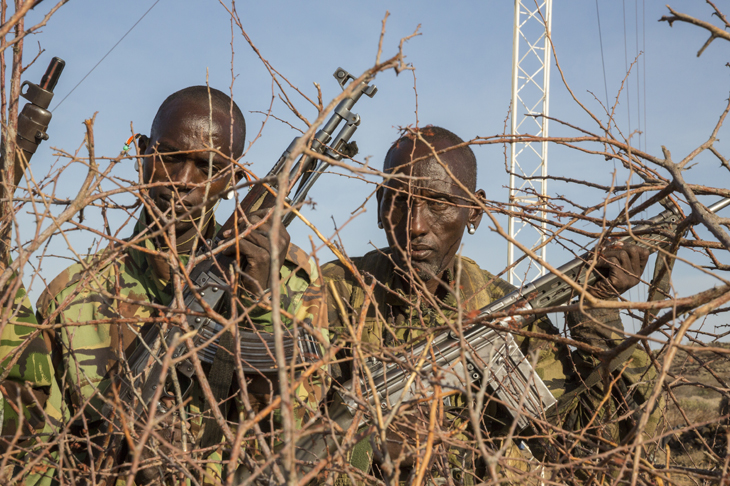
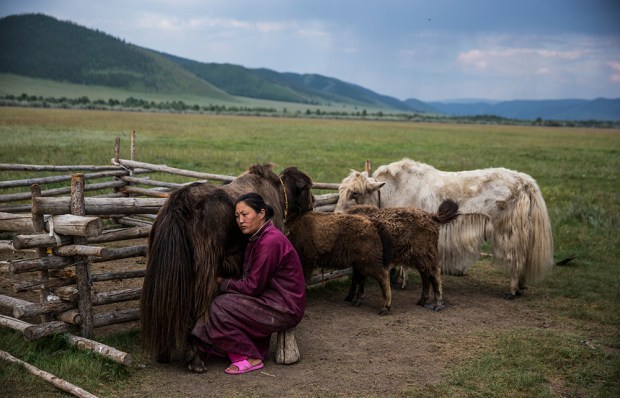
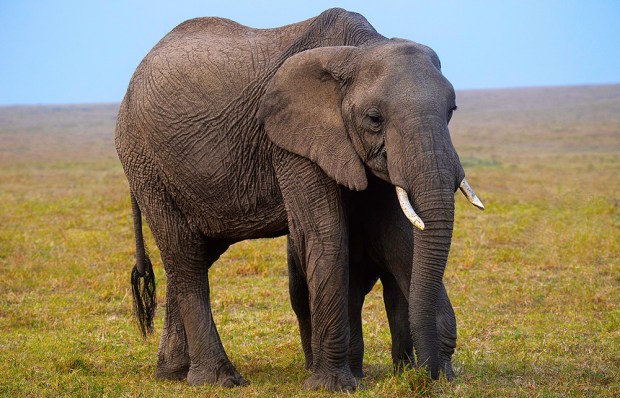
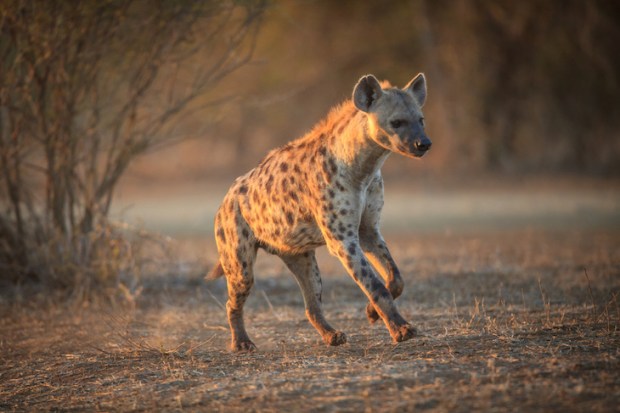
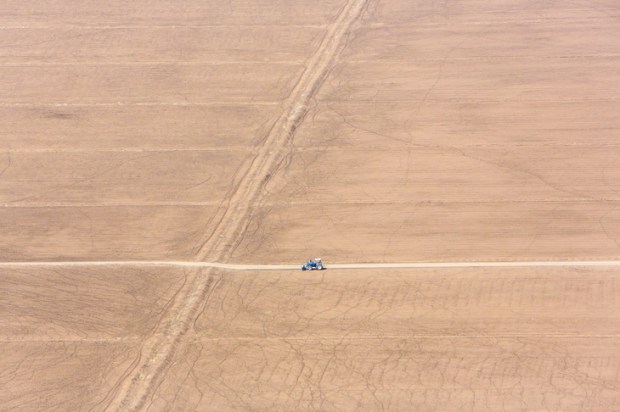

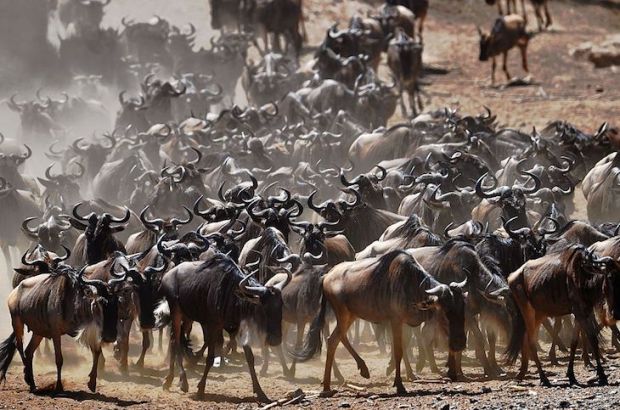






Comments
Don't miss out
Join the conversation with other Spectator Australia readers. Subscribe to leave a comment.
SUBSCRIBEAlready a subscriber? Log in